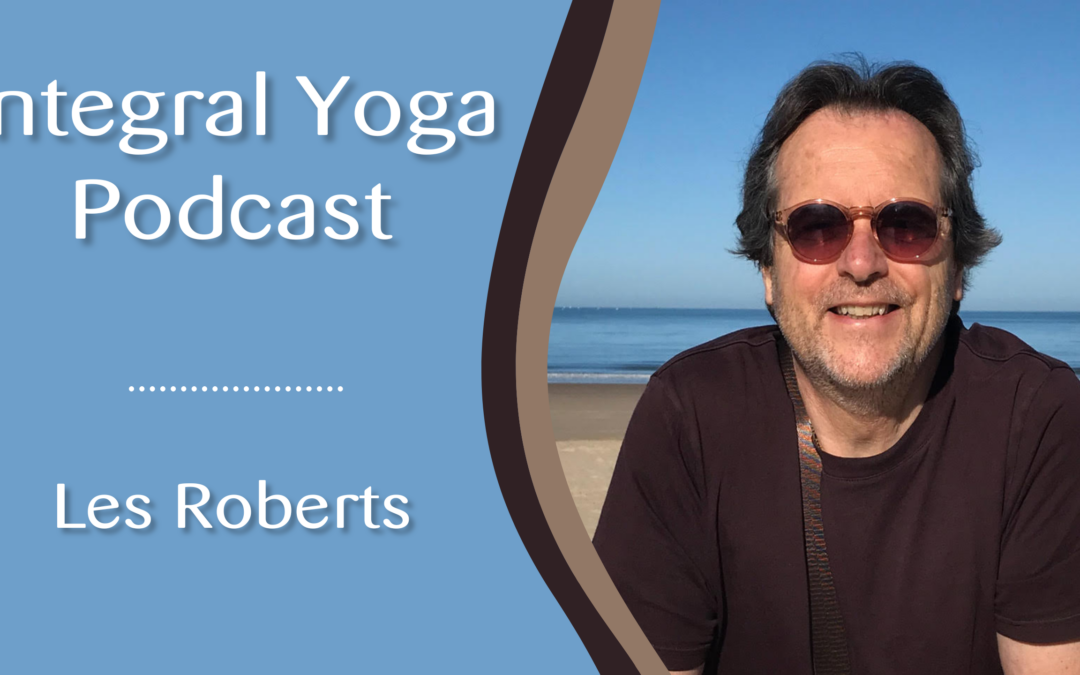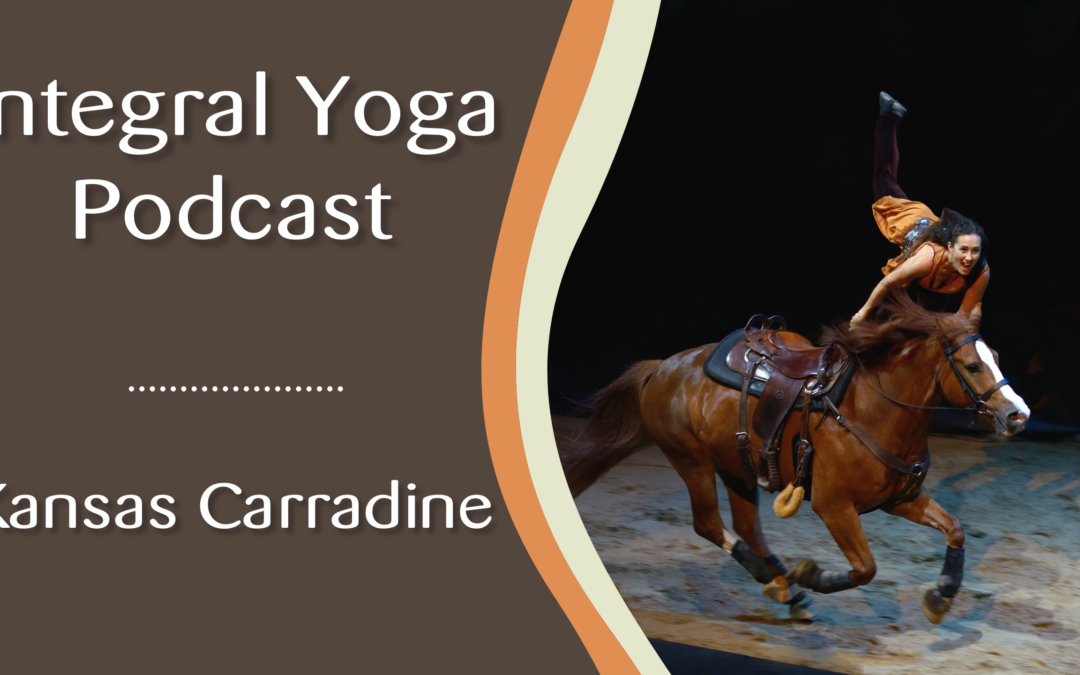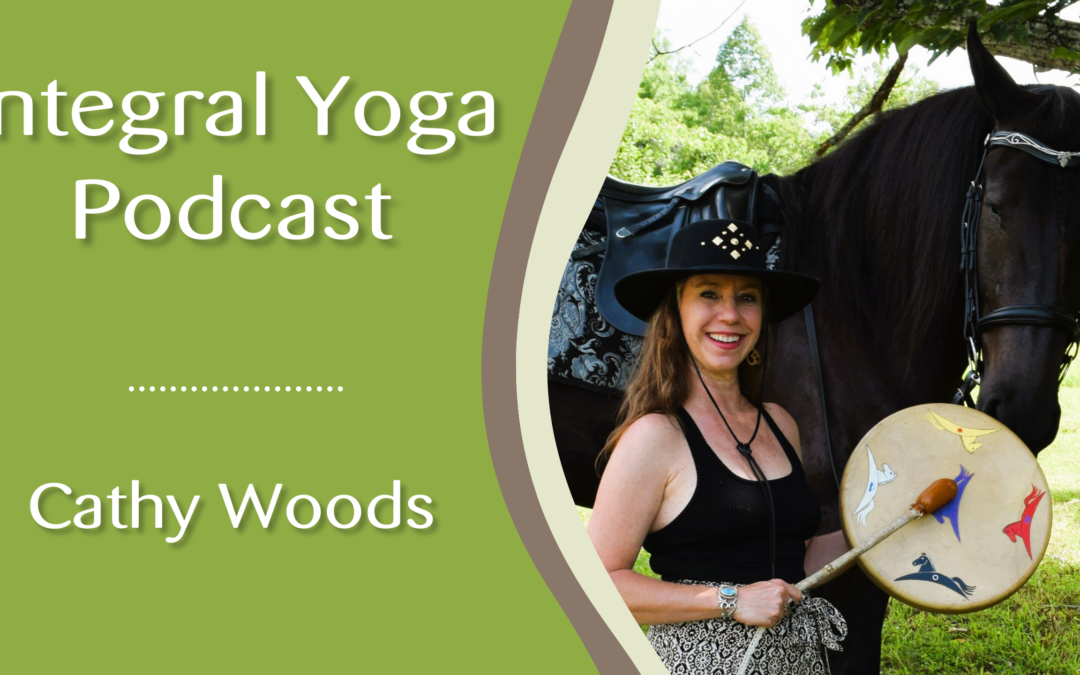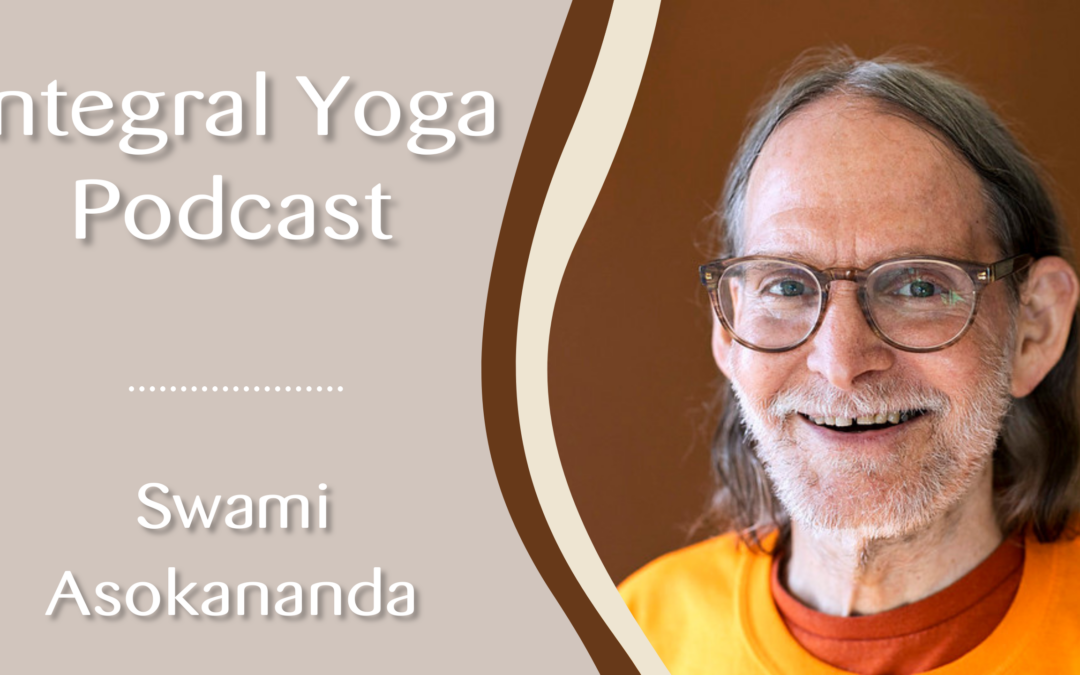In this episode Līlā Śakti Mayī and Avi dive into the profound connection between humility, self-care, and the power of Sanskrit. The discussion focuses on how language can embody intention and emotion, highlighting that every language carries sacredness. They emphasize that true humility is about recognizing one’s inherent value without harsh self-criticism or rigid expectations. This self-awareness cultivates compassion, allowing us to acknowledge our emotional pain while embracing our needs. Ultimately, the episode illustrates that genuine self-care stems from empathy toward ourselves, empowering us to better support others and create enriching connections with the world around us.
—
Līlā Śakti Mayī received her B.A. and M.A. in Sanskrit from the University of Virginia. She has studied the mechanics of the Sanskrit language alongside sacred Sanskrit literature for a decade. Her scriptural focus has largely revolved around the Bhagavad Gītā, and she recently contributed heavily to a new publication entitled Bhagavad Gītā Concordance: A Comprehensive Word Reference with English and Sanskrit Indexes by Dr. Graham Schweig (Columbia University Press, 2024). She is currently working on a similar reference work for the Yoga Sūtras. For the past several years, she has also studied nonviolent communication through NYCNVC. Līlā Śakti Mayī teaches the Sanskrit language and courses in Sanskrit scripture, but her greatest joy is bridging this ancient wisdom with the modern theory and practice of nonviolent communication. In her teaching, she illuminates the powerful harmony between the two, inspiring and empowering others towards deeper self-connection grounded in the heart.







